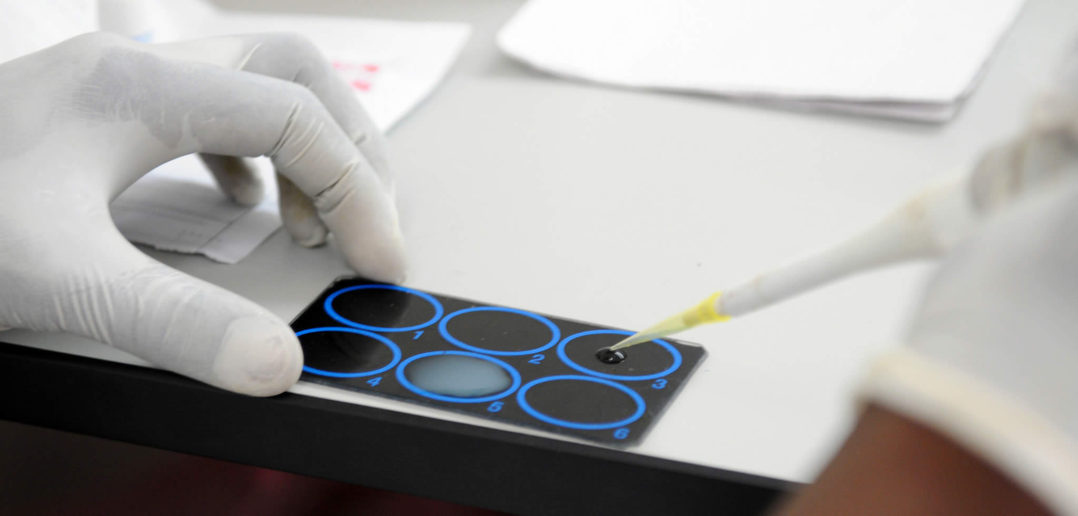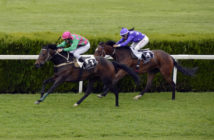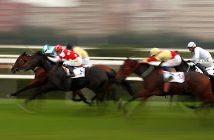Twenty-eight athletes have been suspended by the International Association of Athletics Federations (IAAF) after retested drug samples returned “adverse findings”.
The athletes involved competed at the World Championships in Helsinki (2005) and Osaka (2007), the governing body says. Most of them are now retired and none would have competed at the upcoming 2015 Beijing World Championships, which begin on 22 August.
In total, there were 32 adverse findings from 28 athletes, none of whom can be named “due to the legal process”.
The adverse findings come after urine samples from the athletes competing in 2005 and 2007 were retested as part of the IAAF’s anti-doping policy, where samples are stored for ten years after an event.
In a statement, the IAAF said:
“The IAAF embarked on this long-term storage and retesting strategy in 2005 to ensure that clean athletes are ultimately rewarded for their honest efforts in IAAF competitions. The IAAF is committed to use every means at its disposal within the World Anti-Doping Code to root out the cheats, however long it takes.”
Martial Saugy, Director of the Swiss Laboratory for Doping Analyses (LAD), where the samples were tested, commented:
“The latest scientific breakthroughs in anti-doping technology and analysis have been employed in the reanalysis of these samples to allow us to find previously undetectable substances. We are at the cutting edge of the fight against doping. In our 10-year partnership with the IAAF we have been using every scientific advance and legal opportunity at our disposal to catch the cheats. The IAAF and the IOC, working in cooperation with the LAD, clearly showed the way 10 years ago and other anti-doping organisations and sport federations, on WADA’s recommendation, are now considering or have started implementing such a retesting policy.”




